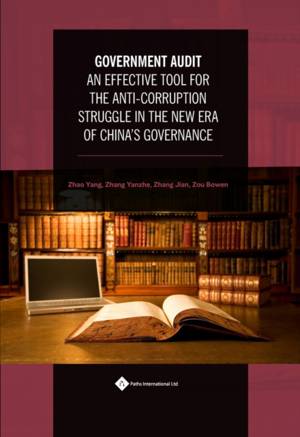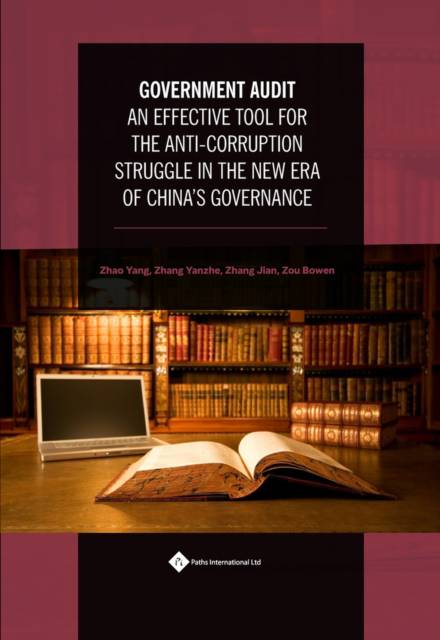
- Afhalen na 1 uur in een winkel met voorraad
- Gratis thuislevering in België vanaf € 30
- Ruim aanbod met 7 miljoen producten
- Afhalen na 1 uur in een winkel met voorraad
- Gratis thuislevering in België vanaf € 30
- Ruim aanbod met 7 miljoen producten
Zoeken
Government Audit
An Effective Tool for the Anti: Corruption Struggle in the New Era of China's Governance
Bowen Zou, Yanzhe Dr Zhang, Yang Dr Zhao, Jian Dr Zhang
Hardcover | Engels
€ 122,45
+ 244 punten
Omschrijving
A deep dive into China's government audit system and its role in combating corruption. This book explores the historical development, current practices, and future trends of government audit in China, offering valuable insights into its effectiveness in promoting economic security and financial stability. It examines the legal frameworks, political influences, and international standards shaping China's unique audit landscape.
Discover the challenges and opportunities facing China's government audit system, including issues of independence, transparency, and accountability. Learn how audit institutions are adapting to the evolving economic and political landscape to combat corruption and improve governance. This book is essential for professionals, scholars, and anyone seeking a comprehensive understanding of China's approach to audit and anti-corruption.
Specificaties
Betrokkenen
- Auteur(s):
- Uitgeverij:
Inhoud
- Aantal bladzijden:
- 344
- Taal:
- Engels
Eigenschappen
- Productcode (EAN):
- 9781844646067
- Verschijningsdatum:
- 15/07/2021
- Uitvoering:
- Hardcover
- Formaat:
- Genaaid
- Afmetingen:
- 171 mm x 248 mm
- Gewicht:
- 825 g

Alleen bij Standaard Boekhandel
+ 244 punten op je klantenkaart van Standaard Boekhandel
Beoordelingen
We publiceren alleen reviews die voldoen aan de voorwaarden voor reviews. Bekijk onze voorwaarden voor reviews.








